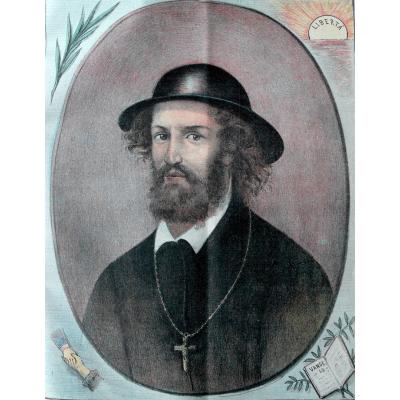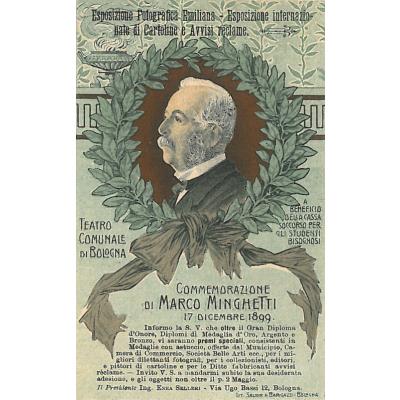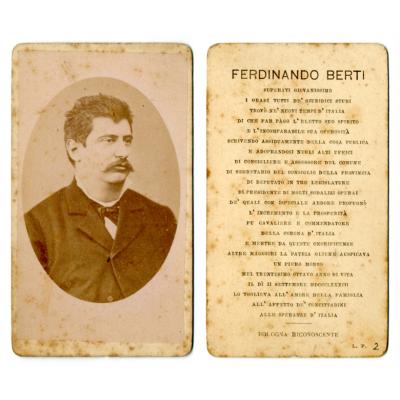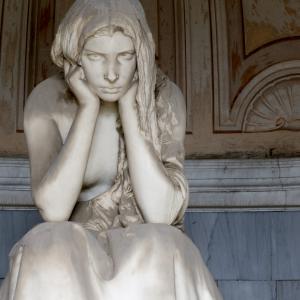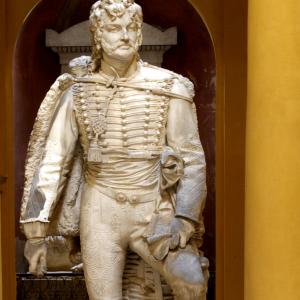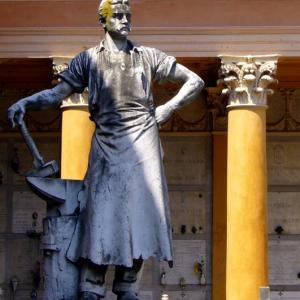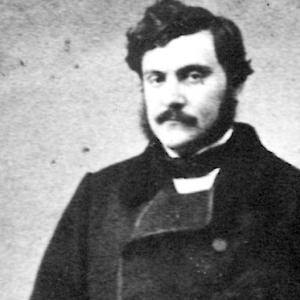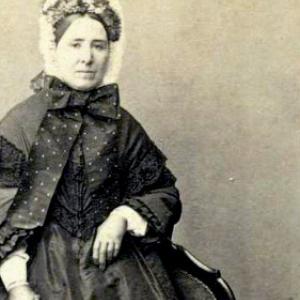Schede
The local events of the ten years following the unity is characterised by the gradual establishment of the conservatory political order promoted by the liberal moderates, first beneficiaries of the historical process of the Risorgimento; the political and economic power, at Bologna like in the rest of Italy, is property of the bourgeoisie that, though showing specific economic interests, succeeds in introducing itself as the most authoritative interpreter of the interests of the nation.
In fact, as a consequence of the administrative elections, were elected the most important characters in the (panorama of the city): first of all Marco Minghetti, one of the most prestigious exponents of the right-wing; Rodolfo Audinot, Francesco Rizzoli, Antonio Zanolini, the marquises Gioacchino Napoleone Pepoli (who, together with Minghetti and Carlo Berti Pichat, will be elected in the Parliament), Luigi Pizzardi and Luigi Tanari, just to mention only a few. Yet, during the years, the moderate’s strength and political representation are going through changes, striken by the movements within the liberal milieu that soon makes arguable the egemony of the minghettiano group, guilty for it promoted a policy of faction together with the Piedmontese bureaucracy. The administrative unification, the economic and financial politic, the liberalist direction taken by the right-wing government constitute the basis of the citizens’ dissatisfaction, which results in demanding new exponents, but not ministerial: meaning this, it’s significant the fight carried out by the so-called “third party”, led by Pepoli and made up of liberal dissidents, who want to differentiate from the “ministeriali servili senza opinione e gli oppositori furibondi senza ragione” (“slavish ministerial with no thought and the furious opponents with no reason”) (Il Corriere dell’Emilia, 3 dicembre 1860). It’s Marco Minghetti, various times elected minister and Prime Minister, whose position soon comes down, who suffers from these changes of the local political setting: winner of the elections of 1867, two years later he is beaten by lawyer Giuseppe Ceneri, president of the democratic Society (that counts characters such as Quirico Filopanti and Giosué Carducci); in these years, it also has to be taken into account the activity of the progressist Camillo Casarini, future mayor of the city (1870-1872).
Considering the most advanced democratic movements, we can find on a high position a republican ideology inspiring on Mazzini, that puts together the institutional problem with the other one concerning the social elevation of the lower class and its structure in associations; the most illustrious (mazziniani) public figures are Aurelio Saffi and the above mentioned Ceneri and Filopanti, yet not united in the attitude to adopt towards the Savoyard monarchy. But it’s among the Catholics that the opposition to the liberal government makes itself clear: between 1865 and 1867 we may see the birth of the catholic Association for the freedom of the Church in Italy, founded by G. Battista Casoni, and of the Society of the Catholic Youth by Giovanni Acquaderni, both expressions of the “active resistance” of the movement and of the necessity for new organizations, suitable for those times. The turning-point of 1876, which in our country brings about the Depretis government, doesn’t influence particularly the political setting of the city: the liberal class is less and less able to cope with the new social requests, in the moment when, firmly connected with the industrialization process just begun, the first clashes between employers and the rising lower class and the first riots in the country start to manifest. Marxist and anarchic ideas are beginning to widely spread even in Bologna: the character of Andrea Costa gets even more important, founder of the Socialist Revolutionary Party of Romagna and first Socialist deputy of the Chamber, after the electoral reform of 1882; in these years the fracture between socialists and anarchists decided by the constitution begins to show itself, caused by Costa and Turati, the (Italian Workers Party) and, afterwards, by the Italian Socialist Party (1895).
In the century’s last ten years, the Bolognese political panorama consists by a dominant liberal party, that keeps on acting according a unity of action, though divided into two currents, the moderate which has Giovanni Codronchi (Minghetti died in 1886) as chief and the progressist one, led by Cesare Lugli; the opposition parties were constituted by the catholics, who presented themselves to the administrative elections for the first time in 1895, by the republicans of the Democratic Association, where Saffi, Carducci and Ceneri take part, by the constantly ascending socialists and by a pretty low number of anarchists. In particular we see a process of aggregation of the democratic, republican and radical groups, parallel to their approach to the liberal-progressist forces, in order to create a reformist political area. The crisis of the end of the century, which covers the whole of Italy by means of continuous strikes in the countries and city manifestations for the rise in price of the bread, culminating in killing Umberto I, determines the approach of liberals and catholics in the fight for the diffusion of socialism; the workers’movement in Bologna’s territory gets bigger, result of a subtle work of construction of institutes and organization structures (like Federterra in 1901, the trade-union organizations and co-operative societies), that become fight instruments for social and economic improvement of all those who live out of their job’s incomes. In the first ten years of the new century, the socialists reach the political supremacy in all the region: in the political elections of 1913, they obtain the absolute majority in Bologna and its province, while in the administrative of 1914 it was elected mayor Francesco Zanardi, (turatiano) socialist, who will be charged of the heavy duty of directing the city during the years of the Great War.

